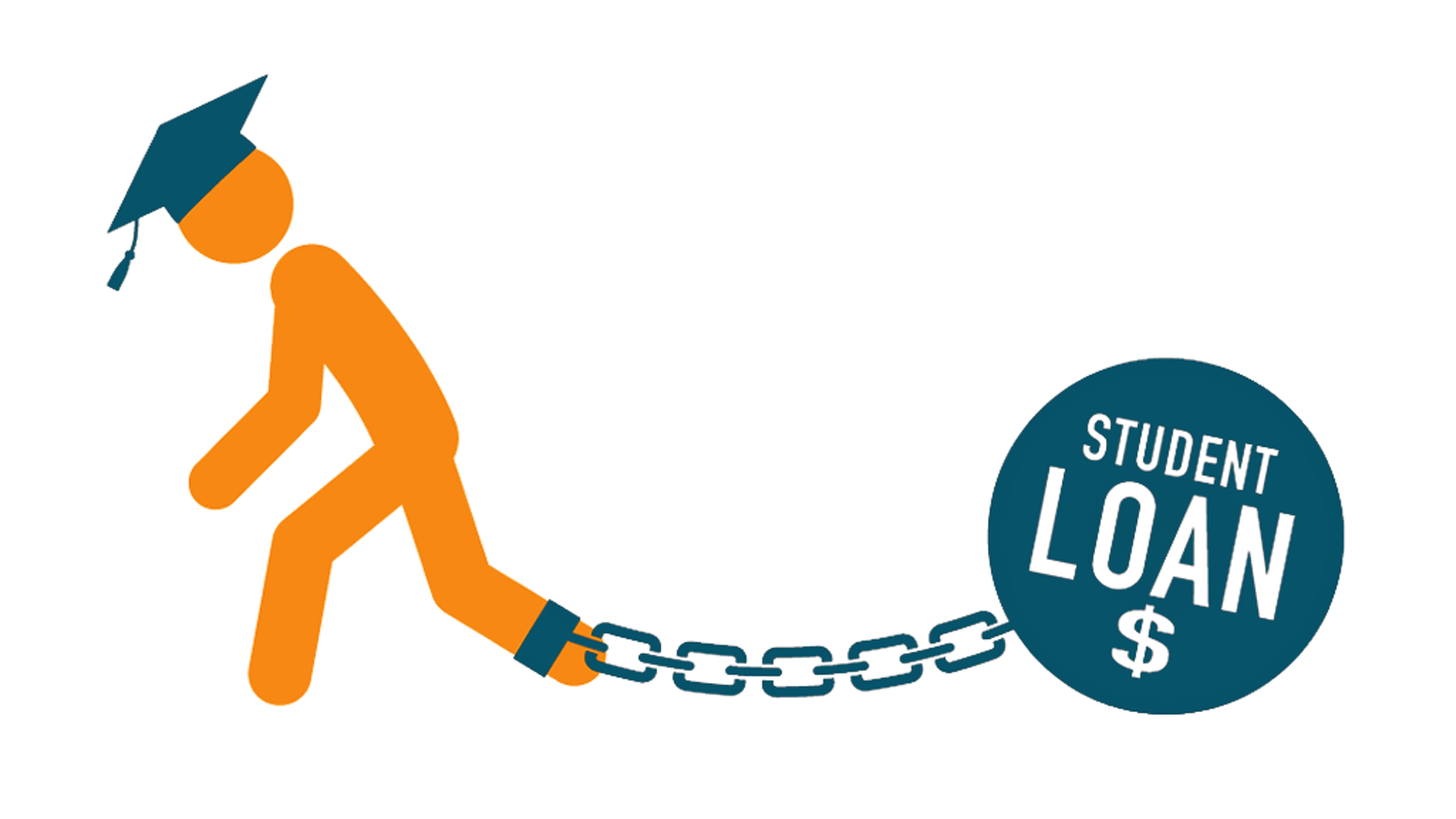First off, your tuition debt does affect your ability to borrow. The effects can be both negative and positive:
- Installment debts show a good mix of credit, a factor many lenders consider.
- A high debt balance can damage your credit utilization ratio
- Late payments or skipping them altogether will definitely damage your credit.
There’s also the factor of debt-to-income ratio, which is a number showing the debt you owe versus your total income, and this will determine how much you can borrow.
Student Loans: A Thorny Issue
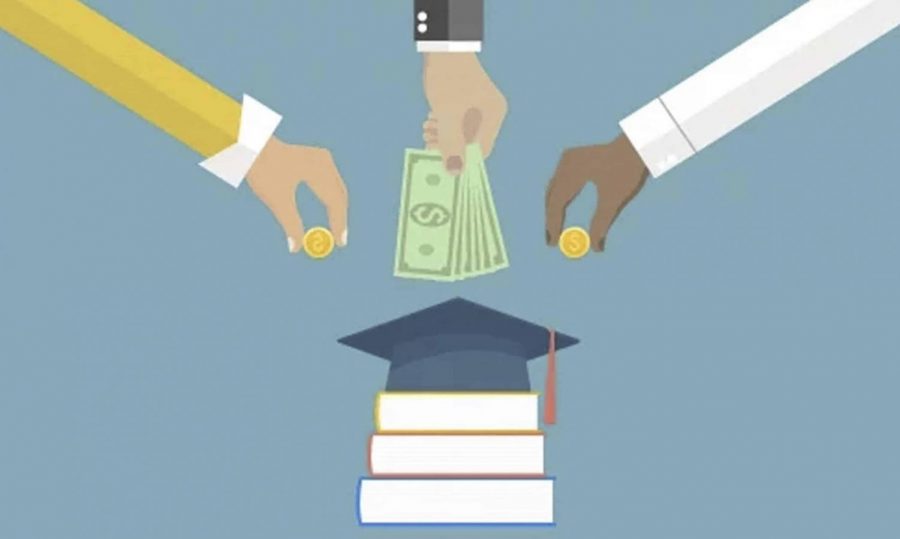
Reports indicate a ballooning student loan. In fact, in March 2018, the debt rose to $1.5 trillion from $1.1 trillion in 2013. Such massive debts continue to cause panic around the country, in particular whether the current generation will be able to take off on their own.
For instance, are these loans preventing the young generation from leaving their parents’ house or owning homes and buying cars?
The Two Sides of the Coin
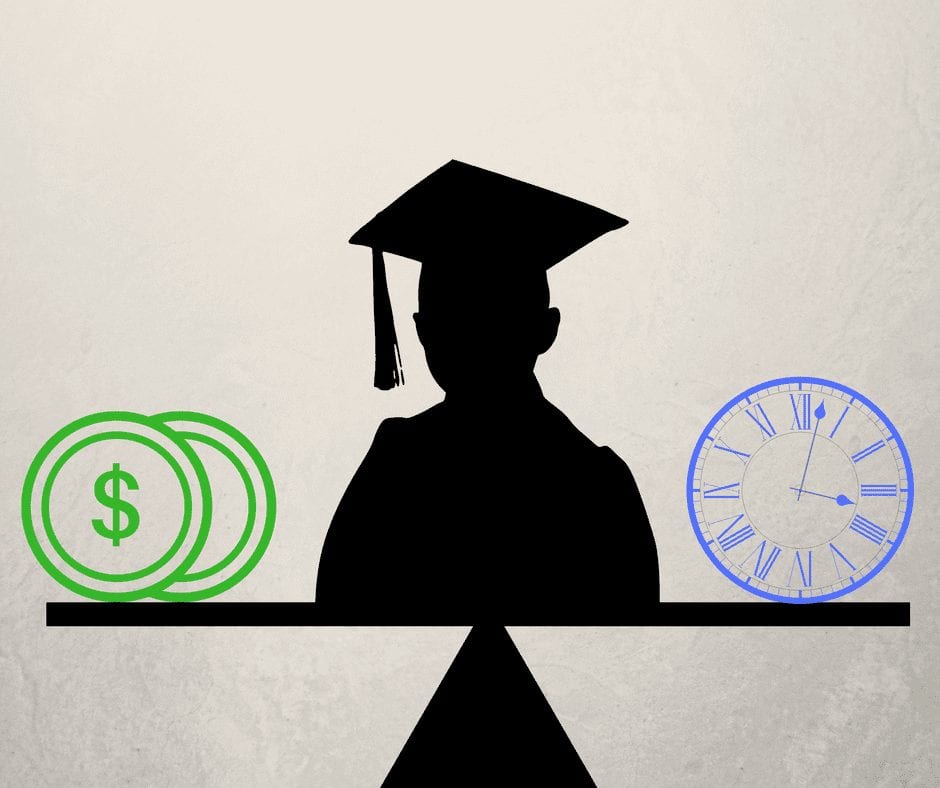
It’s a known fact that making late payments will hurt your credit score. This single factor makes up 35% of your credit score. This is according to FICO, so such records will greatly affect the total amount you can borrow.
On the flip side, making on-time payments can be beneficial to you. It shows a good mix of credit, which makes up 10 percent of the score. This is what constitutes a good mix of credit:
- Revolving credit: This means you have a credit limit that you can borrow and repay. Such credits also known as direct flex loan which can be borrowed as per available credit limit. Credit cards are examples of revolving accounts.
- Installment loans: These are fixed amounts of money borrowed and repaid over a certain fixed period through monthly installments.
However, you must keep an eye on your debt-to-income ratio, which we’ll analyze in greater detail later on. If the figure goes beyond the set limit, it’ll damage your credit, but you can avoid that situation by looking for private money lenders who can help you to pay your debt on time.
Loan Deferment and Forbearance
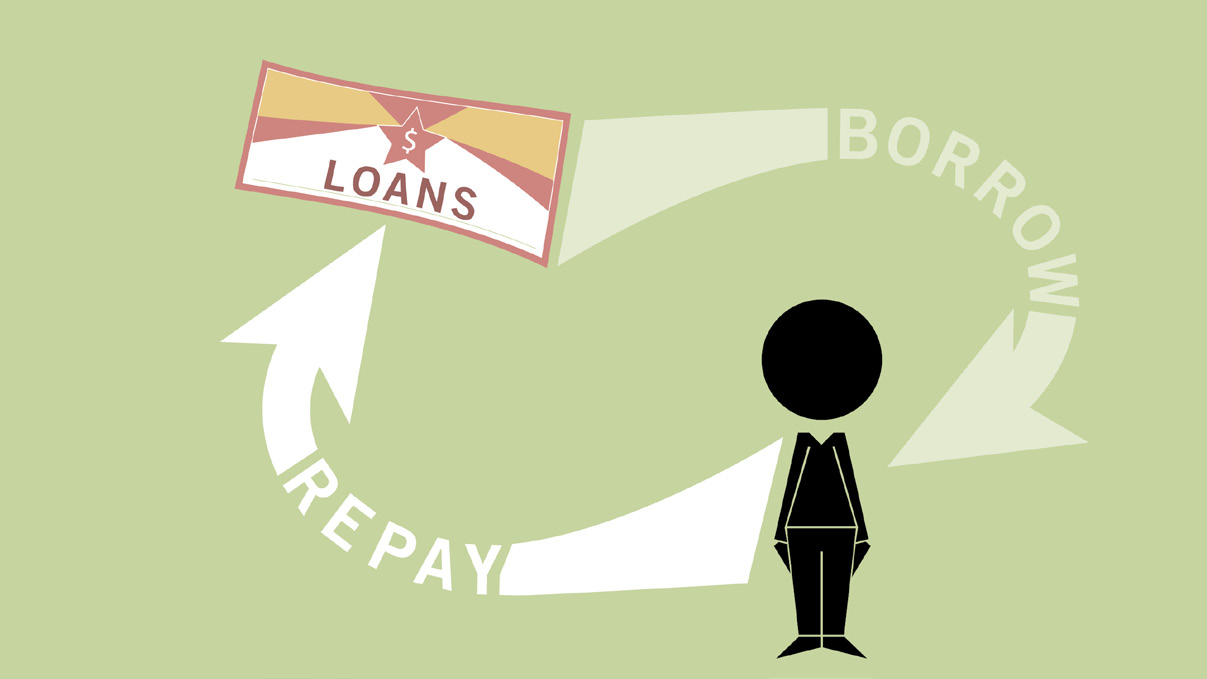
You can arrange for a forbearance or loan deferment. Either of these actions will one of two consequences, though, because all loans are different, just as how everyone has a different credit report.
There are some unsubsidized student loans, meaning they come with interest, thus a deferment or forbearance will only pile up your debts. As a result, unsubsidized student loans will increase your credit utilization ratio, bringing a negative impact to your credit, especially if it hits or goes beyond 30 percent.
In the long, run, this means it’ll be difficult to take out a mortgage or borrow for that matter. This information is according to Money Crashers.
However, there’s light in this entire situation as U.S. News reports. They say by deferring your loan, you have a higher chance of getting an approval. This is because the lender will see you aren’t obliged to make any payments at that time.
Look at this way. By deferring, you don’t have to make any payments. This is better than skipping or making late payments toward the loan, which will definitely lower your score. While this is a smart move, the option may not be available to all types of loans.
Nevertheless, if you find yourself in a financial storm, it may be worth considering. Also, it’s important to note once you become delinquent in your loans, you may as well forget about deferment.
How to Improve Your Credit
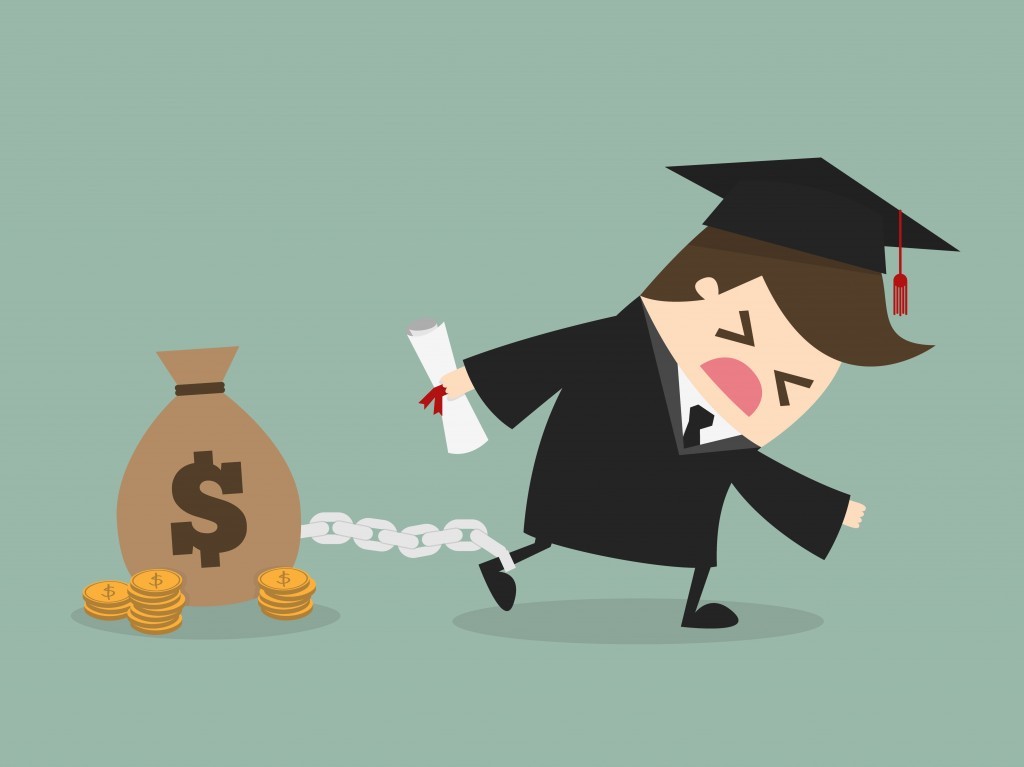
The most common way of improving your score is thought to be by paying off any outstanding debt. This will lower your DTI and credit utilization ratio.
Well, that thinking is slightly incorrect, not entirely, though, because there’s some truth to it.
When you clear your student loan, you may lower your score, AllTuition.com says. This is because after clearing the debt, you won’t be making the on-time monthly payments, which will halt the stellar history you had going on your report.
Also, when you clear your student loan, you eliminate this type of installment loan from your mix of credit. Remember, a good mix of credit accounts for 10 percent of the total score. Therefore, according to the Huffington Post, this move will have a negative impact on your score, thus affecting your ability to borrow.
However, the confusion comes in when you decide to retain the loan. A good mix of credit takes up 10 percent, while your total debt makes up a whopping 30 percent of the score. As such, with a low income, a huge loan will hurt you.
You can follow these steps to achieve a good credit:
- Make on-time payments. You can use auto-repayment options if you have access to such a service. This will ensure all your bills including your loans get paid on time. In addition, you can benefit from interest-rate reduction if you choose auto-payments.
- Track your loans. Many people have a hard time keeping track of the loans they took out while in college. If you’re among them, start by checking the National Student Loan Data System to track your loans.
- Explore additional options if unable to repay. In this article, we looked at how a forbearance or deferment arrangement may save you from sinking in debt. Other options include seeking loan forgiveness.
- Update your contact information: One of the reasons many people fail to track their loans is because they changed their contact information such as email addresses and phone numbers. By updating your contact information, you’ll receive all necessary information regarding all bills and other notices.
Student loans can be a blessing in disguise, but only if you can maintain them. They can improve your credit if you pay them on time. However, they can also be the genesis of your financial downfall.
That is why it’s important to always check your credit with all three reporting bureaus— TransUnion, Equifax, and Experian.
These three agencies will send you a free report at least once a year; so in total, you’ll have three reports you can use to triple check your student loan status.

